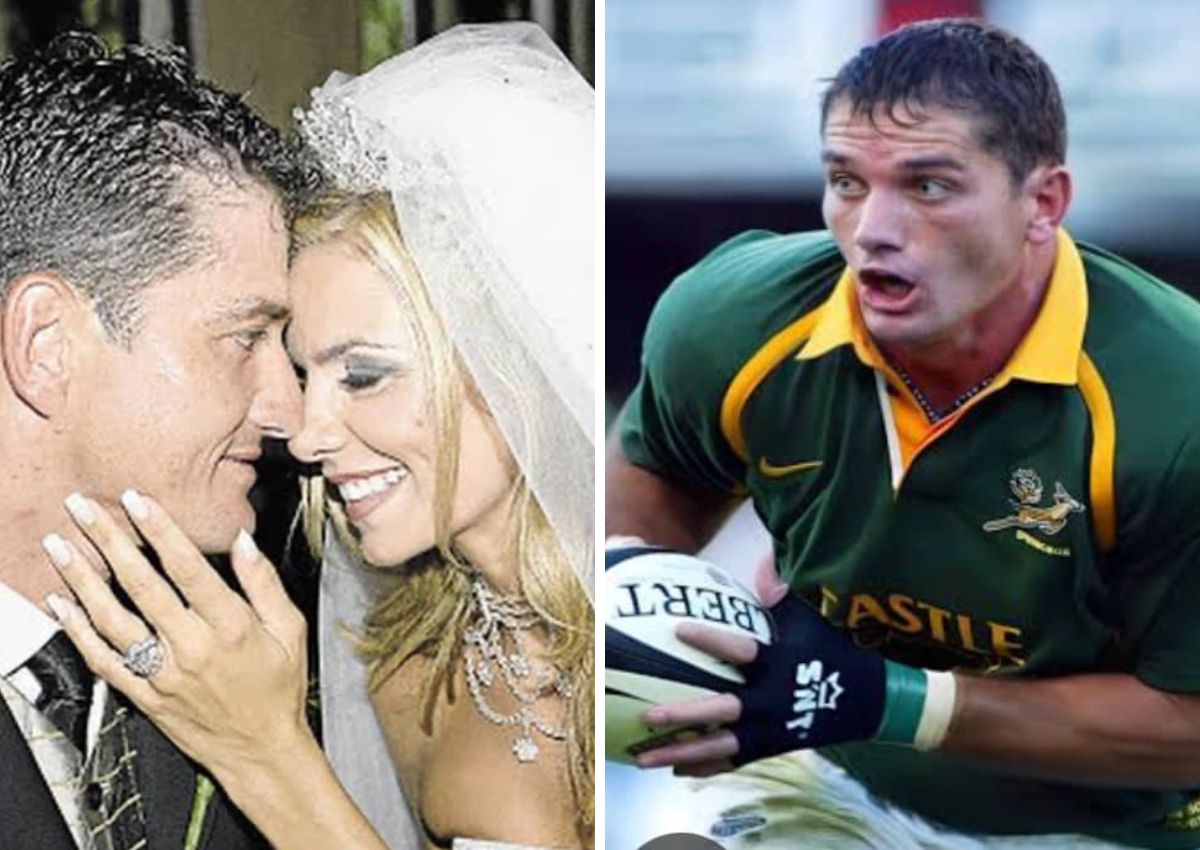Wendy Williams is making headlines once again as she battles a conservatorship that has left her feeling trapped.
The former daytime talk show host has recently dismissed her court-appointed attorney, Linda Redlisky. She has instead hired a private lawyer to help her regain control over her life and finances.
WENDY WILLIAMS’ FIGHT AGAINST HER CONSERVATORSHIP
This decision comes after Williams expressed frustration over her current situation. She claimed that her legal representative failed to act on her requests to terminate the conservatorship.
According to reports, Williams has been diagnosed with frontotemporal dementia and aphasia. These conditions have raised concerns about her mental capacity.
Her caregivers have labelled her as “permanently incapacitated.” This has led to a court appointing a guardian to manage her personal and financial matters.
However, Williams vehemently disputes this portrayal, according to The Hollywood Reporter.
WENDY WILLIAMS’ SUPPORT
In a candid interview on The Breakfast Club, she stated, “I am not cognitively impaired. I feel like I am in prison.”
These words resonate deeply as she describes her daily life in a care facility, where she feels isolated and cut off from the world.
In a bid to support her legal fight, Wendy’s niece, Alex Finnie, has launched a GoFundMe campaign, according to The Washington Post.
The initiative aims to raise funds for legal fees. Nearly R900,000 (approximately $45,000) already contributed towards the R1 million goal.
THE IMPLICATIONS OF GUARDIANSHIP
Finnie has taken on the responsibility of representing Williams’ interests in court.
Alex Finnie announced that they will retain the law firm Schwartz Sladkus Reich Greenberg Atlas LLP (SSRGA) to address all guardianship-related issues.
Williams’ situation has sparked widespread concern and debate about the implications of conservatorship.
Many fans and supporters are rallying behind her, convinced that others are misrepresenting her unique personality.
PUBLIC PERCEPTION AND REALITY
Finnie emphasised this sentiment, stating, “Anyone who knows my aunt knows she’s always had a unique personality.”
How she’s talking, that’s her. That’s who she is.” This statement highlights the struggle between public perception and personal reality, according to The New York Times.
Despite the challenges she faces, Wendy remains vocal about her experiences.
She described her life in the care facility as monotonous: “I keep the door closed, I watch TV, listen to the radio, and look out the window.”
WENDY WILLIAMS’ INDEPENDENCE
Her longing for freedomis palpable as she reflects on missed opportunities, such as visiting her father for his 94th birthday.
As Wendy Williams continues to fight for her autonomy, her story serves as a poignant reminder of the complexities surrounding mental health and guardianship laws.
The public’s interest in her case may also inspire broader discussions about reforming these laws to better protect individuals’ rights while ensuring their well-being.
Wendy Williams is not just battling a legal system; she is fighting for her identity and independence.
REWRITING HER STORY
With support from family and fans alike, there is hope that she will reclaim control over her life and dispel the misconceptions surrounding her mental health.
Wendy Williams boldly declares, “My life is f—ked up,” making it clear that she is determined to rewrite her narrative on her terms.
DO YOU BELIEVE THAT PEOPLE CAN SOMETIMES MISUSE CONSERVATORSHIPS?
Let us know by leaving a comment below, or send a WhatsApp to 060 011 021 1.
Subscribe to The South African website’s newsletters and follow us on WhatsApp, Facebook, X and Bluesky for the latest news.














